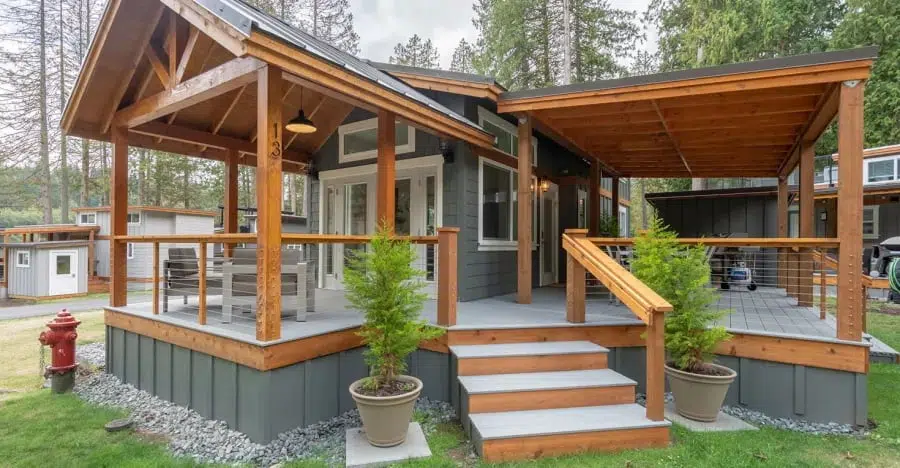Gardening can be a rewarding activity, providing you with fresh fruits and vegetables to eat, flowers to admire, and a sense of satisfaction from working hard in the sun. However, there are also plenty of pitfalls to watch out for if you’re intending to garden successfully. In this article, we’ll take a look at the top four gardening mistakes that you need to avoid if you want to have a successful garden.
Overlooking the importance of soil management
Soil is the foundation of a healthy garden. If you neglect to manage your soil, you’ll have trouble growing plants that are both healthy and productive.
One of the most common mistakes gardeners make is neglecting soil management. When this happens, the soil becomes compacted and unable to hold water or nutrients. This can lead to poor plant growth and a lack of nutrient uptake.
It’s also important to keep your soil healthy in order to avoid weed problems. Over time, weed seeds will germinate and grow into large plants that can block sunlight from reaching your flowers and vegetables. By keeping your soil healthy, you’ll be able to prevent these problems from happening in the first place.
Soil is the foundation of a healthy garden. If you neglect to manage it, you’ll end up with problems down the line. Give soil a proper burial by incorporating organic matter and working it into the top 6 inches every year, and you’ll be on your way to having a thriving garden!
Not preparing the garden bed properly
If you want to grow a successful garden, it’s important to prepare the garden bed properly. A poorly prepared garden bed will lead to poor plant growth and a disappointing harvest.
The first step in preparing your garden bed is determining the size of the area you will be working in. Once you have your size, it’s time to start digging. Make sure that your soil is well-drained and free from rocks or roots before you start digging.
After you’ve dug your hole, add organic matter such as compost or manure to the bottom of the hole. This will help to improve the soil’s texture and enrich its nutrients. Next, add enough water to cover the organic matter and spread it evenly over the surface of the soil. Make sure that there are no large chunks of soil in any places, as this will make it difficult for plants to get nutrients and water.
Now it’s time to plant your seeds! Start by planting them 2-3 inches deep and space them evenly throughout the garden bed. Water your plants regularly during summer months and watch your garden grow!
Not watering the plants adequately
When you’re gardening, it’s important to make sure that you water the plants adequately. If you don’t, they’ll get dehydrated and will start to die.
One of the most common mistakes gardeners make is not watering the plants adequately. If you don’t water the plants, they’ll get dehydrated and start to die. When this happens, your flowers and vegetables won’t be able to grow as well as they should.
To avoid this problem, it’s important to water the plants every day. Make sure to water them deeply, so that they can get the moisture that they need. If you see that the plants are starting to droop or look wilted, then it’s time to water them again.
Gardening is a fun and rewarding hobby, but it’s important to take care of your plants in order for them to thrive. Make sure to water them regularly and avoid making any common gardening mistakes!
Planting the wrong type of plant
One of the most common gardening mistakes is planting the wrong type of plant. There are a number of different types of plants that can be used for landscaping, and each one has its own specific benefits.
For example, ivy is a great plant to use in a garden because it can grow quickly and cover large areas. However, ivy is not suitable for soil that is heavy in nitrogen. If you try to grow ivy in soil with high levels of nitrogen, it will become unhealthy and unable to survive.
Another common mistake gardeners make is planting too many types of plants together. This can create an uninviting environment that is difficult to maintain. It’s best to stick to a small number of plants that will work well together in your garden. This will make maintenance easier and your garden will look more attractive.
Leave a reply













